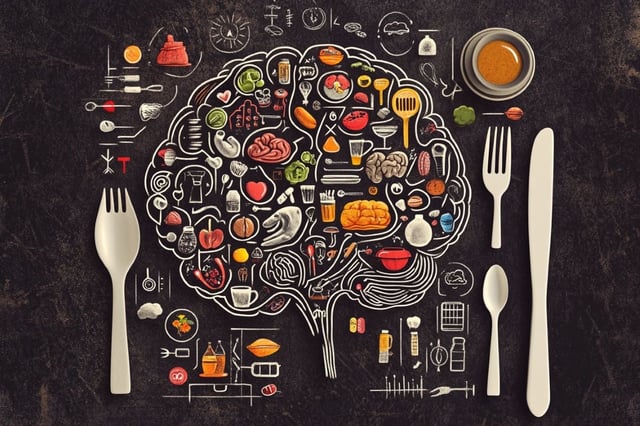Overview
- A European study of 996 participants found that 58% of 23-year-olds exhibited restrictive, emotional, or uncontrolled eating behaviors.
- Delayed brain maturation, particularly in the cerebellum, was associated with unhealthy eating habits, independent of BMI.
- Restrictive eaters showed consistent dieting patterns, while emotional/uncontrolled eaters increased binge eating and dieting during adolescence.
- Unhealthy eaters experienced higher levels of anxiety, depression, and behavioral issues from age 14 compared to healthy eaters.
- Findings suggest targeted interventions addressing mental health, brain development, and genetics could help prevent eating disorders.

